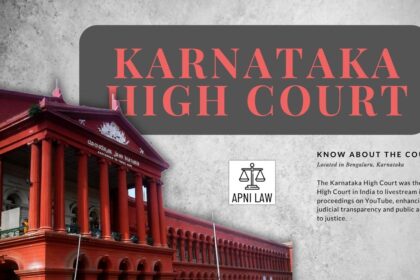CrPC Section 425: Who Can Issue Warrants in India
This section of the Code of Criminal Procedure (CrPC) defines the authorities empowered to issue warrants in India.
1. Code Statement:
Section 425: “Subject to the provisions of this Code, a warrant may be issued by any Magistrate empowered to try the offence, or to commit for trial, or by any officer authorized by law to issue warrants.”
2. Explanation:
- Magistrates: Any Magistrate who has jurisdiction over the offence can issue a warrant. This includes Magistrates empowered to try the offence (e.g., a Judicial Magistrate First Class) or to commit the case for trial (e.g., a Chief Judicial Magistrate).
- Authorized Officers: Certain officers, as designated by law, can also issue warrants. For example, police officers may be authorized to issue warrants under specific circumstances.
The issuance of warrants depends on the specific nature of the case and the authority of the issuing officer.
3. Illustration:
Imagine a case where a person is accused of theft. A Judicial Magistrate First Class (JMFC) has the power to try the offence. Therefore, the JMFC can issue a warrant for the arrest of the accused person to bring them before the court.
4. Common Questions and Answers:
Q: Who can issue a search warrant?
A: A search warrant can be issued by a Magistrate competent to try the offence, or by a police officer authorized by law.
Q: Can a police officer issue an arrest warrant?
A: Generally, police officers are not authorized to issue arrest warrants. They may be authorized to issue warrants in specific circumstances, such as in cases of emergency or when acting on a court order.





